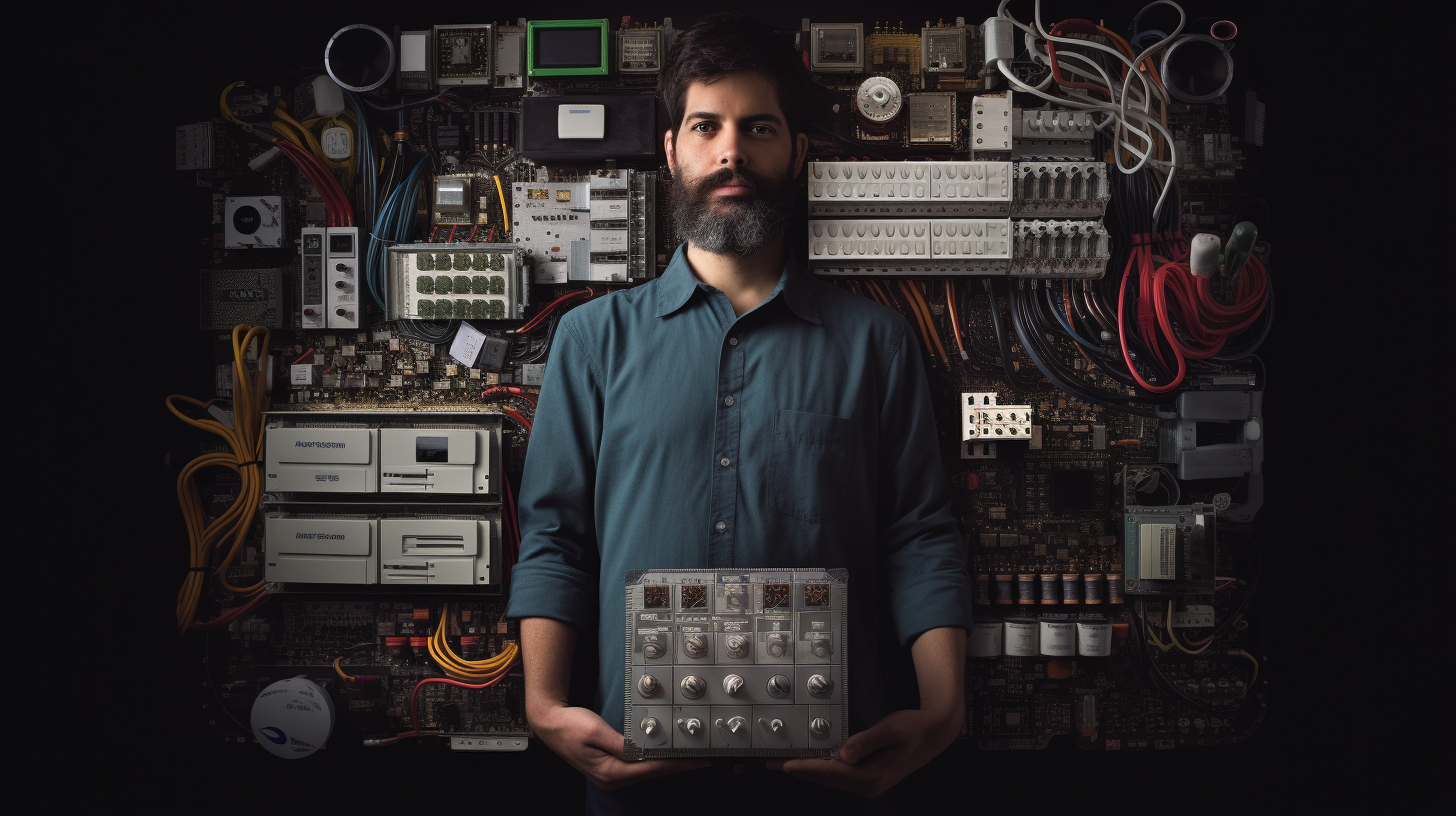Are you looking to take your home theater experience to the next level? Investing in the Best Home Theater Power Manager for your system could be the difference between watching a movie and feeling like you’re actually inside it!
Power managers are essential for controlling, optimizing, and protecting all of the components in your home theater.
In this article, we’ll explain why investing in a power manager is worth it, how to choose one that meets your needs and introduce some of the top models on the market today.
Get ready to electrify your entertainment experience!
Overview of Home Theater Power Managers
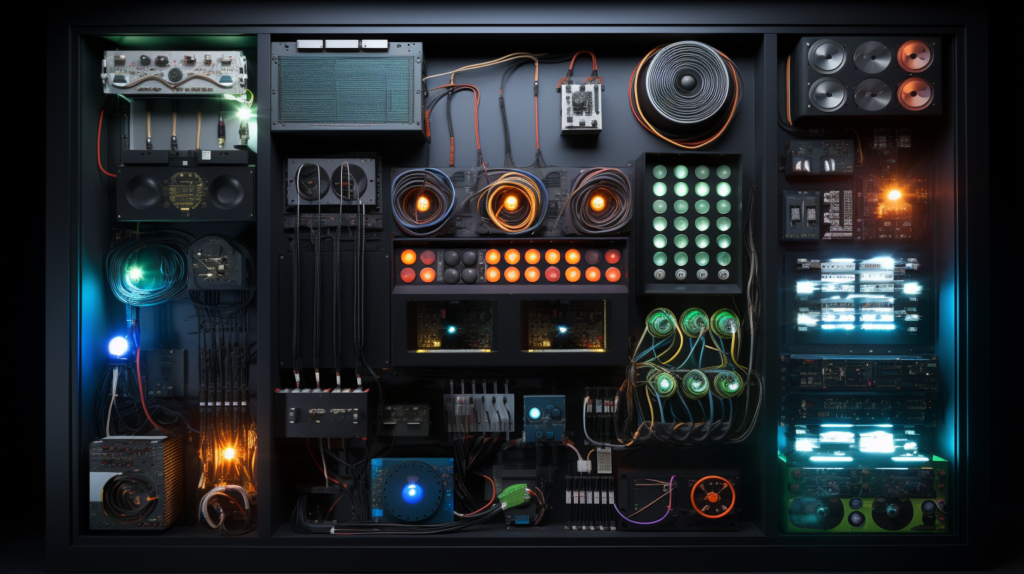
You’ll love learning about home theater power managers – they can take your movie-watching experience to the next level!
Home theater power managers are designed to provide efficient and safe management of power in a single-room or multi-room system. They offer efficiency gains by managing all of the components individually, allowing you to control each one independently with its own settings.
Power managers also reduce space requirements by providing centralized control while still allowing individual components to be adjusted as needed. Moreover, these devices help reduce environmental impact by minimizing wasted energy and reducing overall power use.
Finally, safety protocols ensure that these systems operate within proper parameters and prevent unexpected surges or drops in voltage which could damage components or cause other problems.
With so many benefits, home theater power managers are an excellent choice for anyone looking for improved performance and efficiency from their home theater system.
Read More About: Best Earbuds For Kids
Benefits of Investing in a Power Manager
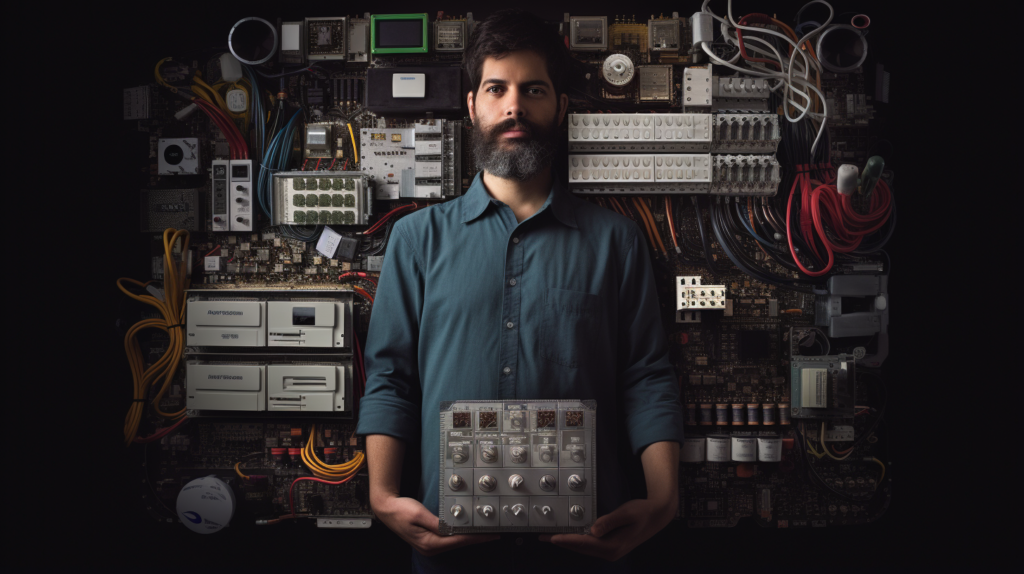
Investing in a power manager can offer many advantages, from saving you money to ensuring your devices work properly. Here are some of the top benefits of investing in one:
- Energy efficiency: Power managers help reduce energy consumption by automatically shutting off unused devices and appliances when they’re not in use.
- User experience: With power managers, you can customize settings to maximize your device’s performance and ensure it works as expected.
- Money savings: By using a power manager, you’ll be able to lower your monthly energy bills significantly while also extending the lifespan of your electrical equipment.
Overall, investing in a power manager is an excellent way to save money and improve the user experience of all your home theater devices at once!
Read More About: Best Earbuds For Small Ears
How to Choose The Best Home Theater Power Manager
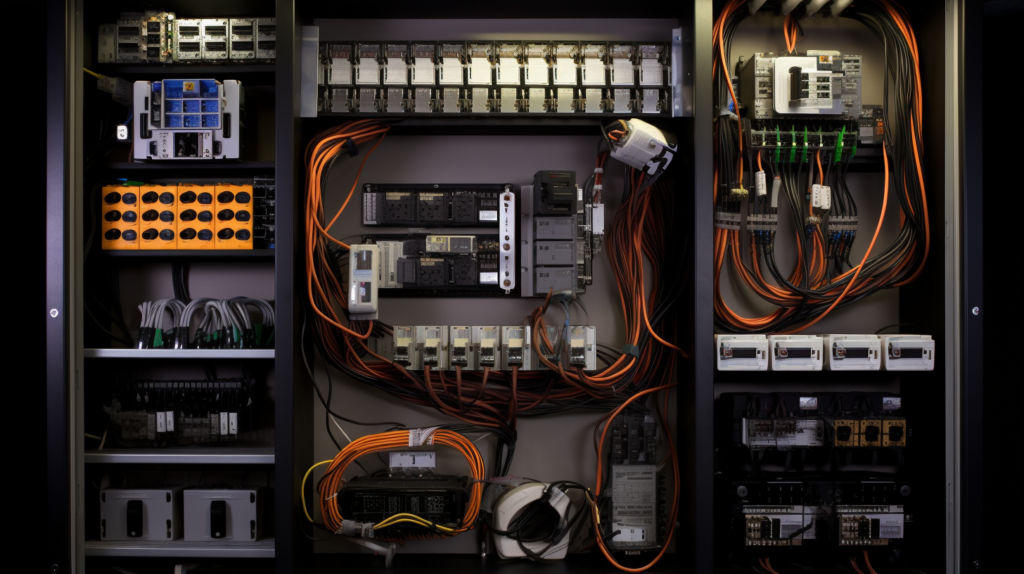
When choosing a home theater power manager, it’s important to consider features like surge protection and power conditioning, as well as your budget.
Look for features like isolated outlets that prevent noise interference from other devices, and use of superior components to ensure quality.
You also need to balance price against quality; while a lower-priced model may seem attractive up front, investing in a more expensive model can save you money over time with better reliability and performance.
Features to Look For
When selecting a home theater power manager, it’s important to consider the features that make your choice unique. For example, some models come with multilayer surge protection and smart charging ports, so you can rest assured knowing your devices are secure.
To ensure you get the most out of your purchase, here are some features to look for:
- Energy Saving
- Look for models with adjustable voltage settings and power-saving modes to maximize energy efficiency.
- Consider models that feature automatic shutdown when not in use to save electricity.
- Noise Reduction
- Check for noise cancellation technology which helps reduce background hums and buzzing from the speakers and other electronics.
- Look for low-profile fan designs which help keep noise levels at a minimum.
- Other Features
- Look for models with multiple outlets so you can connect several devices at once without needing an adapter or extension cord.
- Consider ones with built-in LED displays which show voltage readings and allow easy monitoring of the system’s performance.
Price vs. Quality
When shopping for home theater power managers, it’s important to consider the price versus quality. On average, higher-end models tend to offer more features and better energy efficiency than less expensive counterparts.
Investing in a higher-quality device can be cost-effective if you’re looking for something that will last. Consider the energy efficiency of your power manager, as this will determine how much electricity it uses over its lifetime.
Also, look into the safety features offered by different models, such as overload protection or short circuit protection, which could help protect against potential damage to your home theater system.
Overall, make sure you weigh the cost and quality of each option before making a purchase.
Top Home Theater Power Managers
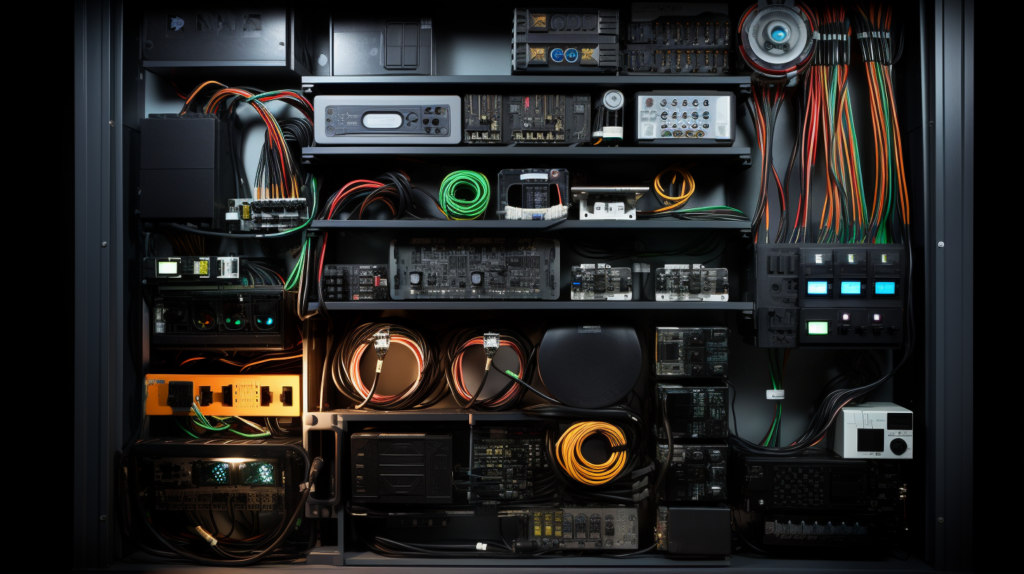
A home theater power manager is essential for taking your movie-watching experience to the next level – don’t miss out! When selecting a power manager, look for one with wireless connectivity and energy efficiency.
The top home theater power managers are well worth investing in. For example, the Panamax MR4300 offers 11 outlets, surge protection, and it can be controlled via Wi-Fi or Bluetooth. The APC H15BLK has 15 outlets with advanced surge protection as well as noise filtering technology. The Belkin F6C1250-TW-RK is a great pick too, boasting 12 outlets and LED indicators that let you know when your devices are on or off.
All of these power managers provide reliable performance and ensure your devices stay protected from voltage spikes.
Installation and Maintenance Tips
Now that you know the top home theater power managers, it’s time to learn about installation and maintenance tips.
To make sure your setup is energy efficient and runs smoothly, there are a few guidelines to follow. Start by reading the owner’s manual for details on installing your manager and connecting it to other components. If possible, use a surge protector or uninterruptible power supply (UPS) when plugging in your system.
You should also avoid plugging too many devices into one outlet—this can overload circuits and cause damage.
For regular maintenance, check all power cords for wear or any signs of fraying. Additionally, dust off ports regularly to keep airflow unobstructed and help with cooling efficiency.
Lastly, if you intend on mounting your power manager on a wall or ceiling, make sure it’s securely fastened in place; otherwise, you risk having it detach unexpectedly.
Read More About: Best Earbuds For Phone Calls
Frequently Asked Questions
How long do home theater power managers typically last?
Powering your home theater system efficiently and effectively is essential. With a power manager, you can enjoy years of noise reduction and energy efficiency. Like any electronic device, the lifespan of these power managers will depend on usage and maintenance. On average, most last between five to fifteen years.
Are home theater power managers compatible with all home theater systems?
No, home theater power managers are not universally compatible with all systems. For best results, research installation tips and energy efficiency for the best outcome.
What kind of power savings can I expect from using a home theater power manager?
Do you want to save money on your energy bills? A home theater power manager can help! It helps increase energy efficiency and reduce power costs, meaning you’ll get significant cost savings over time. Plus, its easy to install and use.
Are there any safety concerns to consider when using a home theater power manager?
Yes, there are safety risks to consider when using a home theater power manager. It can protect against power surges, but may not be as effective in providing energy efficiency. Be sure to use one that meets all safety standards.
What is the difference between a power conditioner and a power manager?
Do you know the difference between a power conditioner and a power manager? Power ratings are used by both, but a power conditioner also provides surge protection. A power manager can monitor your home theater’s electricity usage and make adjustments for optimal performance. It can also provide more control over the system than a conditioner.
Conclusion
Investing in a power manager for your home theater can be an invaluable decision. Not only will you save money on energy costs, but the convenience and peace of mind it provides is priceless.
With so many options out there, you’ll want to do some research to find the best power manager for your system. Look for features such as surge protection and diagnostics that make setup and maintenance easier than ever.
In the end, investing in a quality home theater power manager is an investment worth making if you want superior performance with minimal effort.
